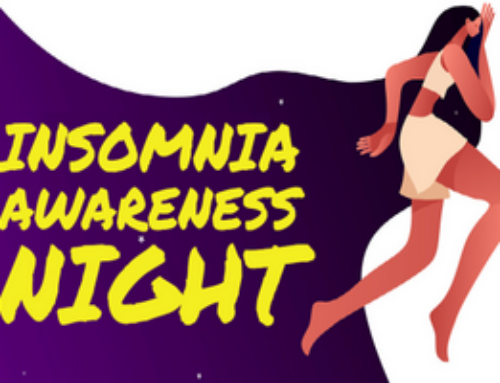Mental health problems and getting less than six hours of sleep play key roles in the persistence of insomnia. A study in the January edition of SLEEP found these risk factors in people experiencing insomnia for at least 7½ years. Smoking, caffeine and alcohol consumption, and sleep apnea did not predict persistent insomnia.
The study looked at 1,395 random subjects who reported having insomnia 7½ years earlier. Researchers found that 44 percent of them still had insomnia. Nearly a third (30 percent) were sleeping poorly but 26 percent were sleeping normally again. Those who still had insomnia had strong links to mental health problems and short periods of sleep. Depression was the most common mental health problem reported.
Researchers concluded that addressing mental health issues should be a priority in cases of chronic insomnia. They also suggested that people sleeping less than six hours were strong candidates for chronic insomnia. The study was done by Pennsylvania State University, and the universities of Athens and Crete, both in Greece.





